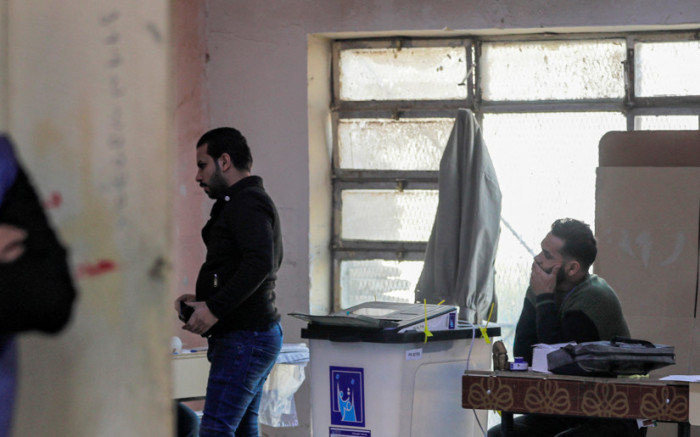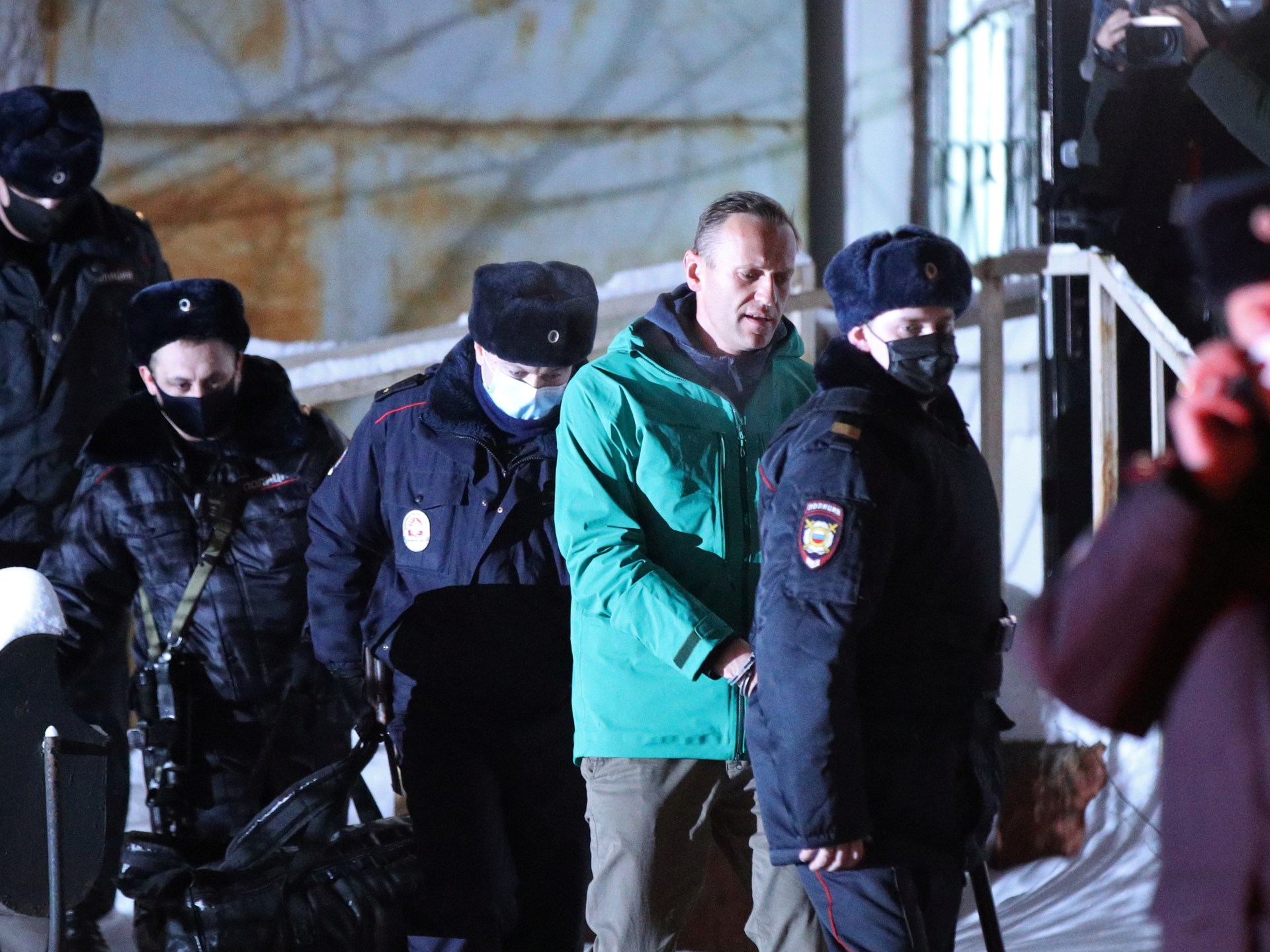
Provincial councils, established after the 2003 U.S.-led invasion that toppled dictator Saddam Hussein, elect provincial governors and manage budgets for health, transportation and education.
A voter registers before taking part in Iraq’s 2023 provincial council elections, the first vote of its kind in a decade, at a polling station in Sadr City, eastern Baghdad, on December 18, 2023. Image: AHMAD AL-RUBAYE / AFP.
BAGHDAD – Iraqis voted Monday in the first provincial council elections in a decade that were expected to strengthen the dominance of pro-Iranian Shiite Muslim groups.
The vote comes at a time of widespread political apathy and disillusionment in the oil-rich country of 43 million, still recovering from years of war and plagued by corruption.
Voter turnout reached just 17% as of midday, Electoral Commission official Omar Ahmed said, urging voters to come forward and “contribute to the success of the electoral process.”
The vote is seen as a crucial test for Prime Minister Mohammed Shia al-Sudani – who came to power just over a year ago with the support of pro-Tehran parties – ahead of parliamentary elections in 2025.
Provincial councils, established after the 2003 U.S.-led invasion that toppled dictator Saddam Hussein, elect provincial governors and manage budgets for health, transportation and education.
Critics see them as hotbeds of corruption and clientelism and were abolished in late 2019 after mass anti-government protests before being reintroduced under Sudanese rule.
Influential Shiite cleric and political kingmaker Moqtada Sadr, a former militia leader who has launched anti-government protests in the past, boycotted the vote.
VOTE ON “ECONOMIC POPULISM”
After casting his vote in Baghdad, Sudani hailed the councils as “a pillar of the executive branch” that helps the government implement its policies.
The prime minister has promised to strengthen public services and rebuild infrastructure devastated by decades of conflict and unrest.
He called on Iraqis to elect “honest” representatives. Around 17 million people are eligible to vote, and 6,000 candidates are competing for just 285 seats on the local council.
But many voters in the young democracy showed little interest.
“What use do these elections have for us?” said a Baghdad taxi driver who gave his name only as Abu Ali, 45.
“The years go by, elections take place again, the candidates change and our situation remains the same.”
Amin Saleh, a 63-year-old civil servant, expressed greater enthusiasm as he cast his vote in the capital.
“If I don’t come to the polls and neither does anyone else, there will be chaos,” he told AFP. “We need someone to represent us. How do you do that other than through voting?”
Ultimately, voter turnout will be “the ultimate measure of satisfaction,” Renad Mansour, senior researcher at think tank Chatham House, told AFP.
It remains to be seen “whether the economic populism of the Sudanese government – the policy of allocating (public) jobs – can be successful and win over the young population.”
PRO-IRAN GROUPS EXPECT DELAY
Elections were held in 15 provinces, but not in the three that make up an autonomous Kurdish region in the north.
Voting took place amid tight security and polling stations were scheduled to close at 6:00 p.m. (3:00 p.m. GMT). Preliminary results are expected 24 hours later, the electoral commission said.
A quarter of the candidates are women, although the system also provides quotas for the Christian, Yazidi and Sabian minorities.
The vote was expected to give a boost to the ruling Iran-allied bloc called the Coordination Framework Coalition.
It unites Shiite Islamist parties with factions of the Hashed al-Shaabi, a network of former paramilitary units that have been integrated into the regular security forces.
Mansour said some alliance heavyweights hope the elections will “prove that they have a social base and are popular” after disappointing results from the 2021 national elections.
Tensions surrounding the war between Israel and Hamas in Gaza were not seen as a major factor in the election, despite recent drone strikes on US-led coalition troops stationed in Iraq.
No security breaches were reported during the morning, Interior Minister Abdel Amir al-Chammari told reporters.
Observers were keeping an eye on the oil-rich northern province of Kirkuk, where historic rivalries could flare up again between parties representing Arab, Kurdish and Turkmen communities.






Recent Comments